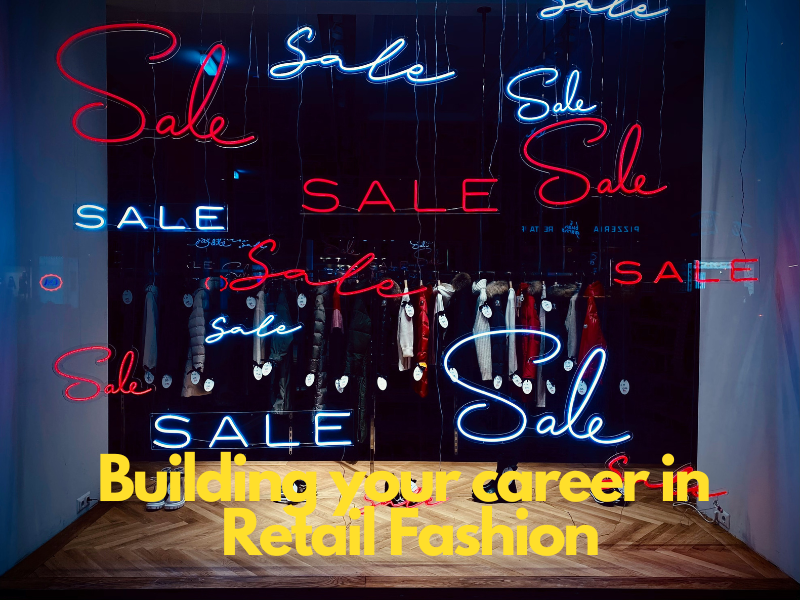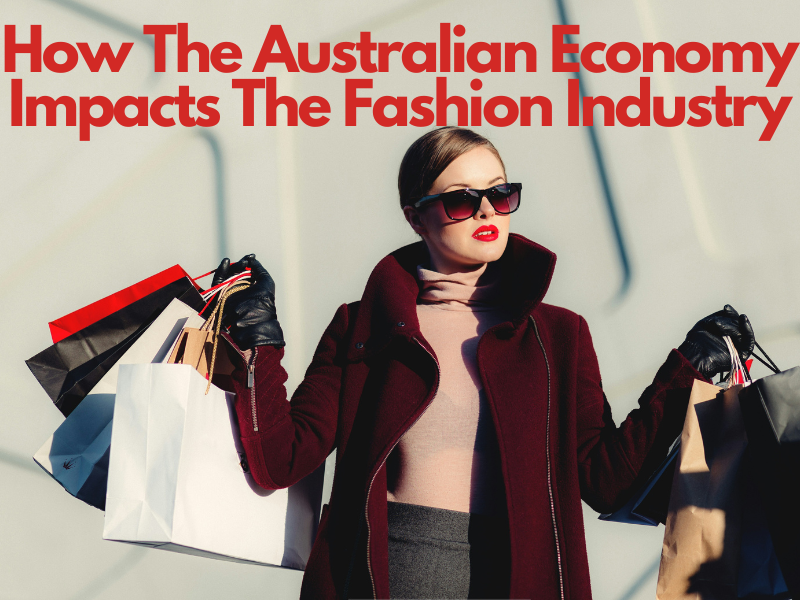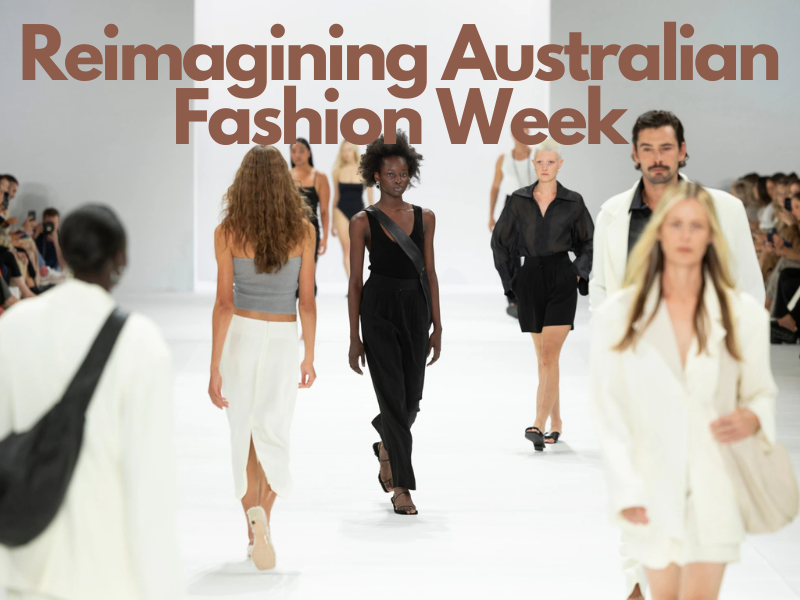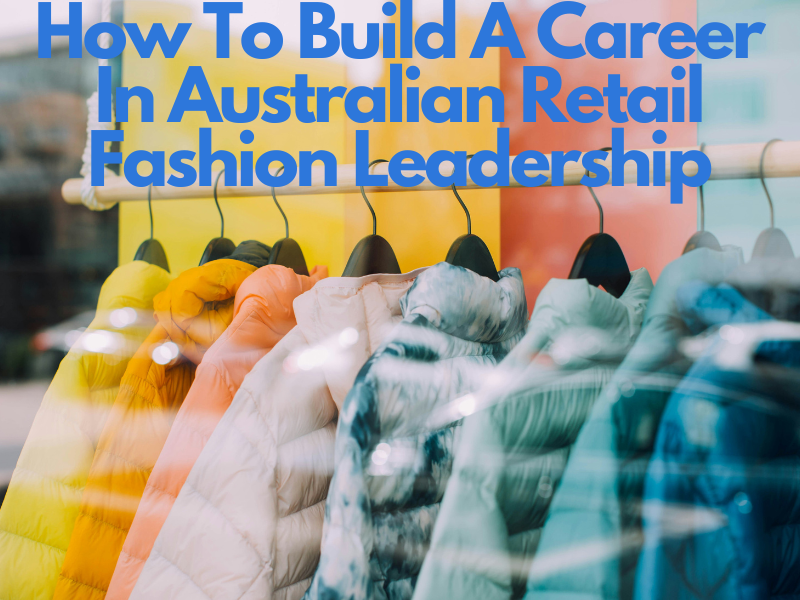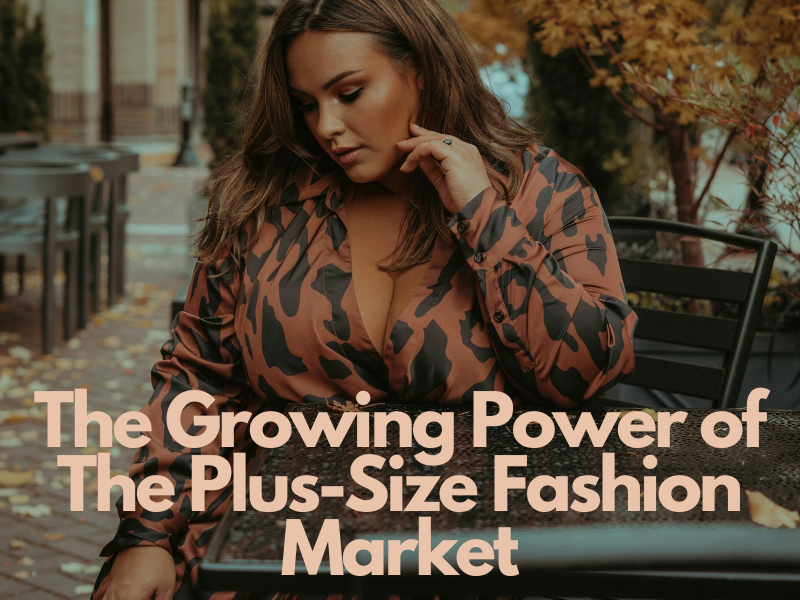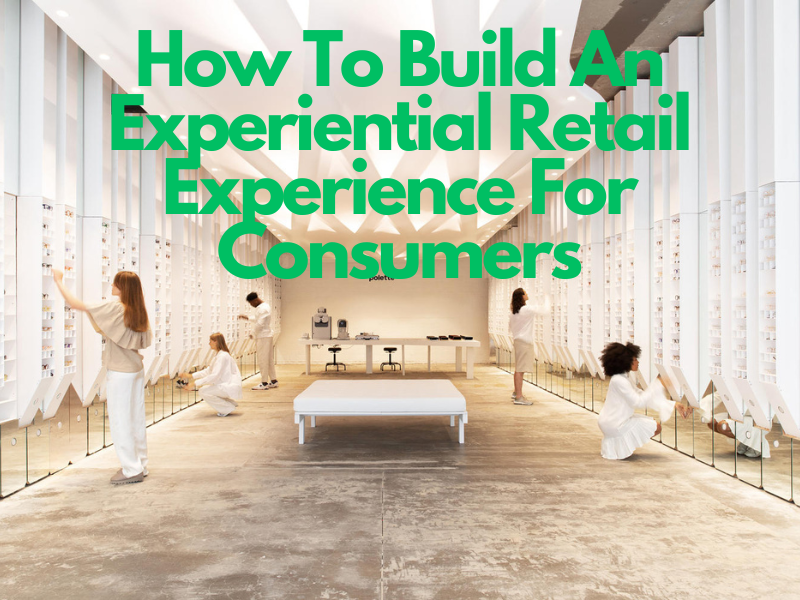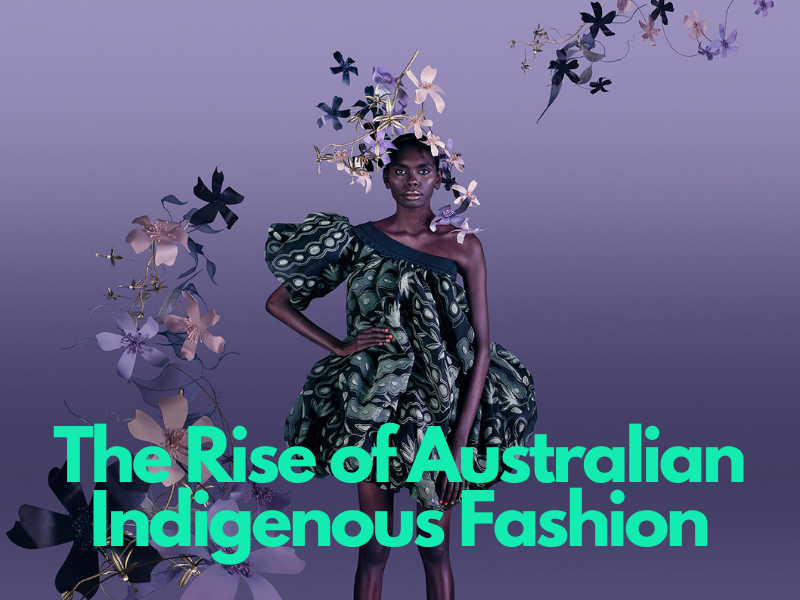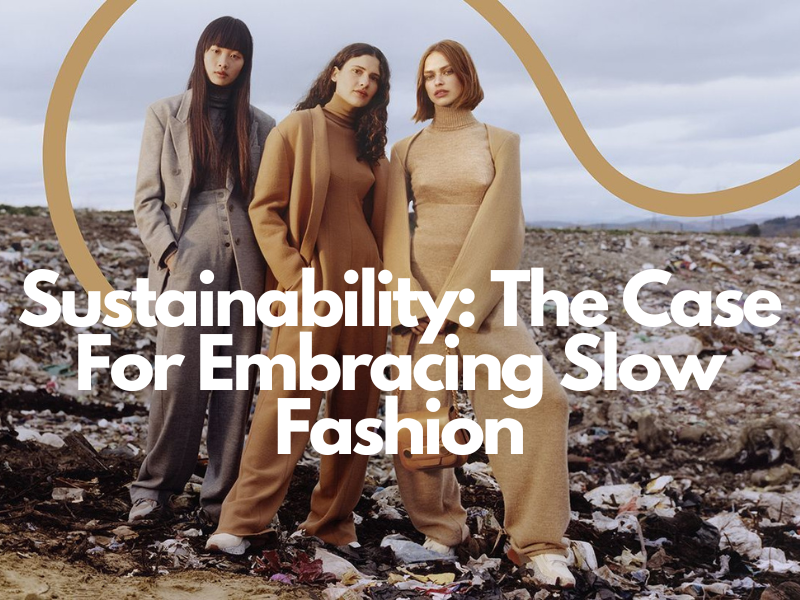HOW CAN FAST FASHION SLOW DOWN?
The themes of slow fashion, reduced consumerism and increased transparency of supply chains have been constant in fashion in recent years. However, in a world of growing affordability and accelerating demand, the ‘fast fashion’ model is still the mainstay for many businesses. The premise of ‘fast fashion’ is producing clothes cheaply and marketing them to consumers quickly, through shorter fashion cycles.
Clothing production has
doubled in the last 15 years, largely driven by a growing middle-class and increasing per capita sales in developed nations. Economic predictions indicate a 400% expansion in world GDP by 2050, spelling an increased demand for clothing.
Additionally, the average fashion garment is worn
36% fewer times than it was 15 years ago. According to a report by ThredUp, 94 million kilograms of waste was generated by single use outfits in 2019. While the impact of COVID has changed how many consumers consider their fashion choices, and has positively impacted supply chain innovation, there is still a long way to go.
So how can fast fashion slow down?
Ironically, it’s a slow process but fast fashion labels such as
Forever 21 filing for bankruptcy indicate a shift in consumer behaviour. Consumers are becoming more aware of the societal and
environmental impacts of their purchasing decisions. Many fashion brands are leading the charge in making more environmentally conscious choices in their supply chain and promotion of sustainable fabrics and items.
The CEO Agenda 2020 - Covid19 Edition sees Global Fashion Agenda (GFA) update its sustainability agenda, with contributions from McKinsey & Co. It outlines six opportunities for CEO’s to rebuild resilient and sustainable businesses post pandemic:
• Plotting social and environmental impacts in the supply chain
• Building trust and brand loyalty
• Moving supplier relationships to partnerships
• Dealing with stock levels and markdowns by implementing new business models
• Accelerating the digitisation of businesses
• Shaping the e commerce infrastructure of the future
Andrea Ferris, CEO of Intrinsic Advanced Materials, says that the slow fashion movement needs to be lead by changes in consumer behaviour: “Fast fashion issues are not just brand issues — they’re also about consumer behaviour….Many things would need to change to entirely transform the industry, but we’ve had hundreds of meetings with brands and major retailers, and there is some great work going on.”
If you would like to hear about the businesses making traction in the sustainability space, speak to
Janine, Amy and Natalie at Permanser Consulting.
